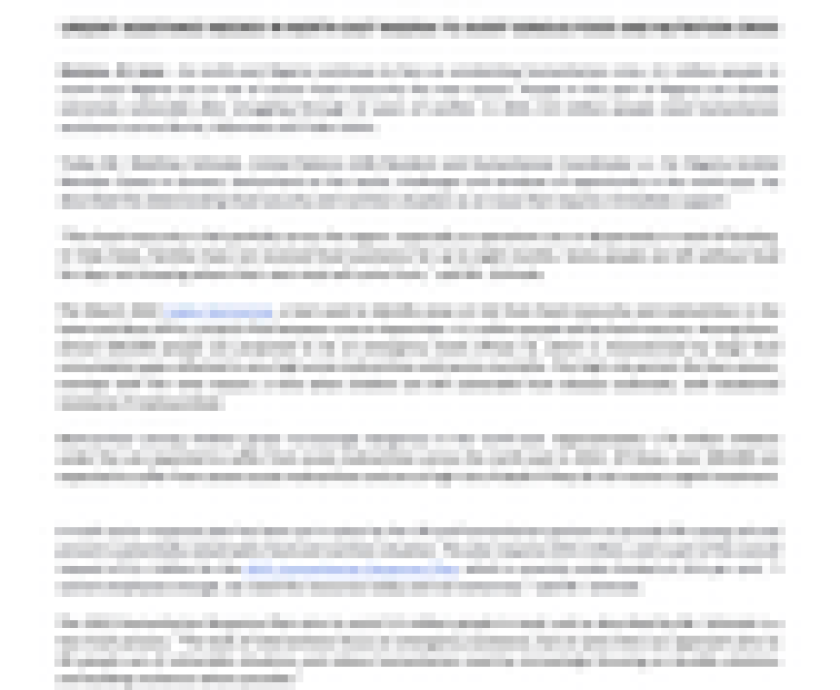Click to expand Image
Chinese President Xi Jinping holds a virtual meeting with UN High Commissioner for Human Rights Michelle Bachelet during her visit to Guangzhou, China, May 25, 2022.
© 2022 OHCHR
United Nations High Commissioner for Human Rights Michelle Bachelet’s statement that her office will release its long-awaited report on Chinese government human rights violations in the Xinjiang region before she steps down in August should have prompted cheers.
Instead, the announcement has been received with skepticism and weariness. Bachelet and her colleagues have promised to release the report twice before, in September and December 2021, only to have it languish. The urgency has not diminished, particularly following another leak of Chinese government information documenting crimes against humanity targeting Uyghurs and other Turkic communities in Xinjiang.
Bachelet’s credibility took a serious hit after her recent disastrous trip to China, in which she accepted the condition that the visit was for a “friendly dialogue,” despite ongoing crimes against humanity, torture, enforced disappearances, and other serious human rights violations. The outcome of the visit was an agreement between Beijing and the Office of the High Commissioner to establish a “senior dialogue” on human rights – a tool governments have largely abandoned after it failed to produce any meaningful change inside China or prevent atrocity crimes. In response to the visit, hundreds of Uyghur and human rights groups, many of which have had no meaningful access to the high commissioner, called for her resignation.
Bachelet’s announcement this week that she will not seek another term raises a real possibility that her agreement with Chinese authorities may not be set in stone and that accountability, via an independent investigation, will not be further delayed by endless “friendly dialogue.” Her legacy as high commissioner will be measured by her willingness to hold a powerful state like China to account. She needs to release a report that sets out a strategy to achieve that outcome, and to make up for lost time by listening to, rather than avoiding, the people living the nightmare of Chinese government oppression.



